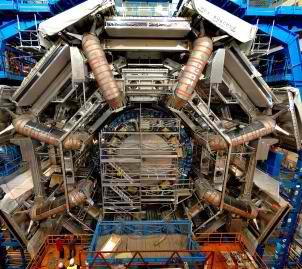Military Readying Mind-Reading Equipment for the Battlefield

What’s the Latest Development?
It takes the brain several seconds to become conscious of what the eyes see, and in Afghanistan, a precious few seconds can mean the difference between life and death. So the Pentagon’s experimental R&D wing is working on a device it calls Sentinel, which is capable of shortcutting the mind’s circuitry by recognizing what is called a P300, i.e. a specific brain wave that identifies a subconscious recognition of a visual object. Once the device recognizes that a soldier’s brain is subconsciously aware of a potentially dangerous object, such as a glint of metal signifying a potential IED, it can visually alert him or her to pay attention to the object, making soldiers aware of what they’ve seen just 300 milliseconds after first receiving the image.
What’s the Big Idea?
Experts say the military’s mind-reading technology is substantially more advanced than commercial applications, which could ultimately help amputees to control their prosthetic limbs and drivers to detect dangers on the roads, thus making cars safer. Some scientist have also expressed concern that use of the technology by the military could expand the theater of war by allowing even more novel uses of remotely-operated drones. The ‘holy grail’ of such technology would be a device that actually reads human thoughts, not just recognizing that they are present. But developers of the technology admit they are generations away from that achievement.
Photo credit: Shutterstock.com





